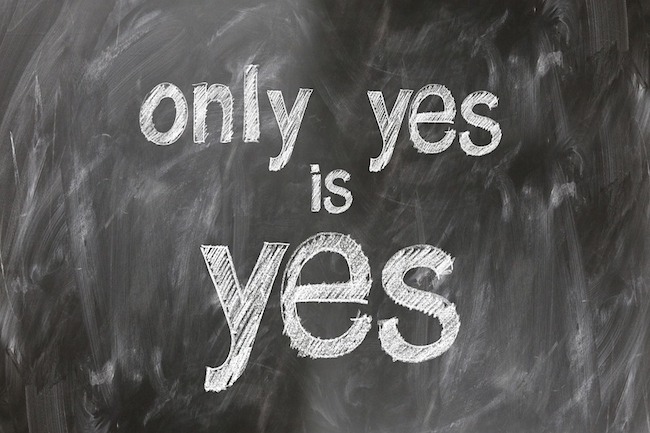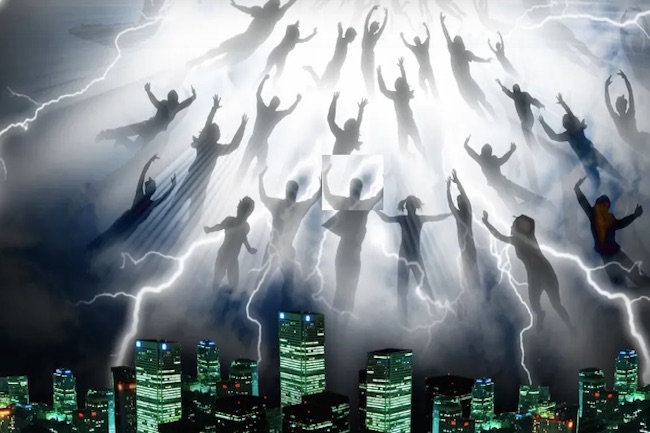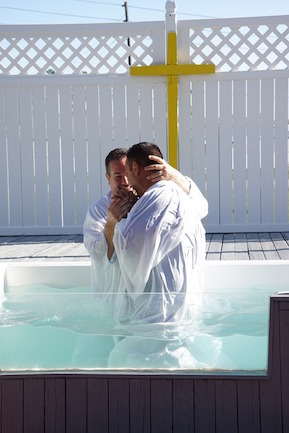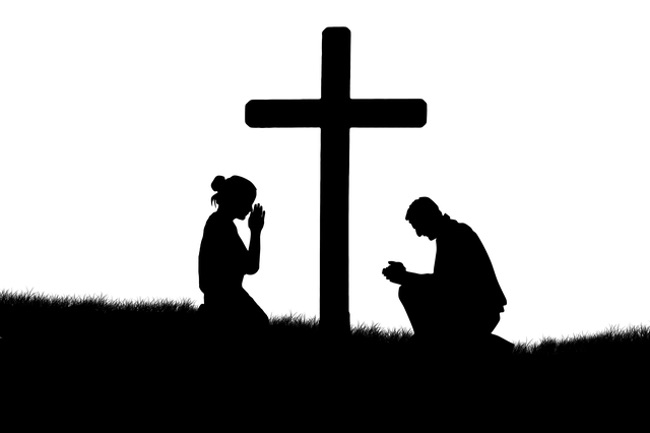5 mental blind spots Christians should avoid By Choco De’ Jesus, Op-ed Contributor for Christian Post
All of us have blind spots. They’re not sins; they’re part of being a flawed, limited human being. But they become sins when God uses someone to point them out to us and we refuse to admit them. It’s a sin when we’re comfortable with our preexisting point of view and we don’t want any new information that challenges it. I pray that God will use what I’m about to share regarding common blind spots in relationships to open your eyes to any that apply to you.
1. Superiority
We see our race, our education, our background, our status, or our peer group as better than others. We look down on people who aren’t as nice or smart or noble or handsome or pretty or rich as we are. We believe our faith and our political positions are higher and better than those of “the other side.”
Support Our Site

Now is your chance to support Gospel News Network.
We love helping others and believe that’s one of the reasons we are chosen as Ambassadors of the Kingdom, to serve God’s children. We look to the Greatest Commandment as our Powering force.
Increasingly in our culture people are getting their news from sources that validate what they already believe, a phenomenon called “confirmation bias.” They don’t even entertain the thought that there might be another way to look at an issue. Every article and news program assures them they’re right and the other side is wrong. The issue may be racial injustice, masks, vaccines, immigration, guns, election results, or anything else—when we see ourselves as the guardians of truth and those who disagree with us as evil fools, we can’t help but feel superior to them.
2. Entitlement
This is the assumption that “I deserve better.” Sometimes it comes from want. We feel like victims, and we insist that someone step in to right the wrongs and fix the problems to make our lives better. Make no mistake, some people genuinely are victims. They’ve suffered injustice at the hands of family members, the police, or some other authority. Or perhaps they’ve lost their jobs—and maybe their homes—because of the pandemic and through no fault of their own. These people need our care and support as they come to grips with the reality of their loss, grieve their wounds, and heal.




